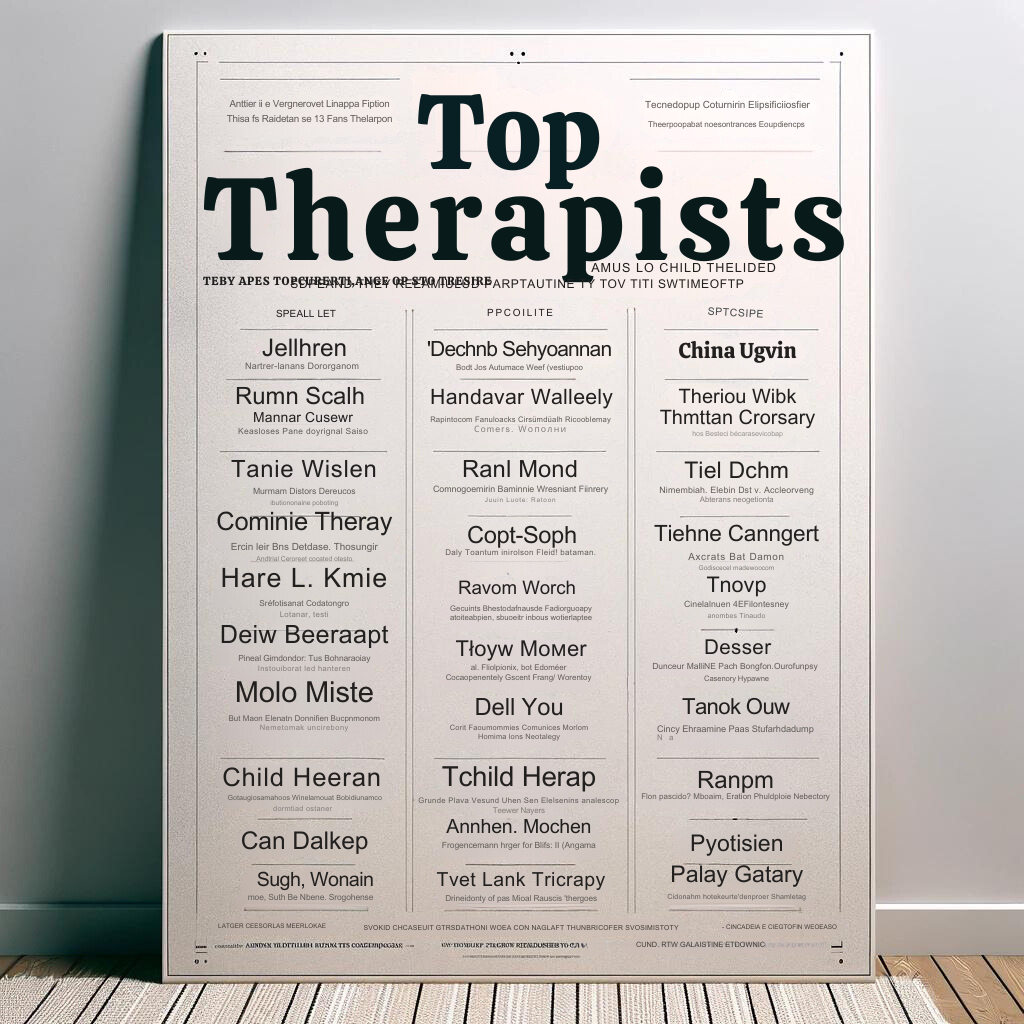Child Anxiety Treatment
Do you suspect your child may be exhibiting the symptoms of anxiety or Obsessive-Compulsive Disorder (OCD)?
Do they struggle with separation anxiety or avoid things they consider to be stressful?
When anxious, do they seek constant reassurance from you, insist things be done a certain way, or expect you to participate in ritualistic behaviors with them?
Have these behaviors begun to negatively affect your family dynamics and you need solutions?
If your child suffers from anxiety or OCD, it’s hard not to feel overwhelmed and out of your depth. After all, it's difficult to see your child suffer and not be able to make them feel better. The dilemma you face of whether or not to give in to your child’s demands—such as allowing them to skip school—can be tricky to navigate. Even though going along will provide some short-term relief, it can be hard to know if doing so will make things worse for your child in the long run. Neither choice you make seems right.
Meanwhile, it can feel like your child’s anxiety and the demands it creates have become the central focus of family life. When everything you do revolves around their anxiety or OCD symptoms, it can lead to frustration, anger, and conflict. Trying to set consistent boundaries can be especially challenging and might be putting you at odds with your spouse. While one of you might be willing to go along with whatever your child wants, the other might be encouraging them to toughen up.
If you’re a parent needing guidance, I’m here to help. As a psychologist who specializes in treatments for childhood anxiety disorders and OCD, I partner with families to help them gain the skills they need to diminish symptoms and get back on track.
Children Experience Mental Health Challenges More Often Than You May Think
You may be surprised to learn that anxiety disorders and OCD are the most common mental health problems in children and adolescents. “Approximately 1 in 10 children and adolescents have high enough levels of anxiety to be diagnosed with an anxiety disorder, and 1-3 percent with OCD.” Although anxiety disorders and OCD seem to run in families, which suggests a genetic link, researchers believe environmental factors might also play a role.
Whereas everyone experiences a certain level of anxiety—it's the body's natural response to threats—disordered anxiety in children is associated with excessive worry and overthinking. OCD involves rituals and repetitive behaviors that develop to counteract worry and doubt. In both cases, parents may see a need for frequent reassurance.
Today’s Kids Are Raised In Fear And Under Pressure From An Early Age
Sadly, there's a lot of pressure on our kids these days. We live in a culture where children are expected to focus on performance from a young age and are given less time to play freely. And because the news is constantly full of scary headlines, children and parents alike are often anxious about feeling safe and the uncertain future.
Rather than engaging in anything that feels scary or dangerous, kids can become comfortable with avoidance. And since parents don’t want their child to be distressed or traumatized, most make adjustments to accommodate their avoidance. In this way, anxiety and OCD flourish.
But with treatment, you can learn how to break the cycle of childhood anxiety that keeps your family stuck in avoidance and accommodations. Working together, we can help you discover effective solutions.
Childhood Anxiety Or OCD Treatment Could Be The Solution Your Family Has Been Looking For
You might feel guilty seeing your child struggle and not knowing how to help them. Or perhaps you wish you didn't have to make so many adjustments and accommodations to your routine to keep your child’s anxiety at bay or avoid a meltdown. Instead of “feeding the beast”, you need tangible skills that will help reduce their anxiety. Therapy allows kids and their parents to better understand how anxiety and OCD work, what can make symptoms better or worse, and a safe space to practice the skills they will learn along the way.
What To Expect In Sessions
Initially, I like to have a full session with parents, followed by 1-2 sessions with your child. We will start by determining what your child’s symptoms are and how they impact not only them but also other family members. We will then identify specific goals for therapy and create a plan to achieve those goals.
Throughout sessions, we will review your child’s progress and continue building skills to reduce the impact of anxiety on your lives. The ultimate goal will be for them to be equipped with the tools to manage symptoms on their own or with limited support from you. Additionally, families will practice the skills they learn in session as well as be given home assignments so they can apply these skills to real-life scenarios.
The Modalities I Use For Childhood Anxiety And OCD Treatment
For the treatment of childhood and adolescent anxiety or OCD, there are two modalities I utilize most frequently:
Cognitive Behavioral Therapy (CBT) is the gold standard for treating childhood anxiety and OCD and has the most research to support it as an effective treatment. By helping your child recognize distorted thinking and challenge negative beliefs and behaviors that fuel anxiety, they will become less fearful and more confident.
Supportive Parenting for Anxious Childhood Emotions (SPACE) is a cutting-edge treatment for anxiety and OCD in children that involves parents working with a pediatric therapist to learn the tools that will help them better support their child while reducing the accommodations currently in place that promote unwanted behaviors. The exciting thing about SPACE is that studies have found it to be as effective as CBT, but children do not have to participate. Not many therapists offer SPACE as a treatment for anxiety and OCD for kids, but since adding it to my practice, the families I work with have been impressed with how helpful it can be.
The good news is that we now have effective treatments for childhood anxiety and OCD. By learning how to make decisions that best support you and your child, you can gain confidence in your ability to handle difficult situations and break the grip that anxiety has on your family.
But Maybe You Still Wonder Whether Childhood Anxiety Treatment Is Right For Your Family…
I can't take my child out of school every week for anxiety treatment.
It can be difficult to balance the demands of school while trying to prioritize childhood anxiety or OCD treatment. However, if your child's symptoms are impacting their academic performance, some missed school in exchange for beneficial therapy may pay off in the long run. And if it's not possible to make this work, SPACE may be a good approach for your family, since it focuses on working with parents and not directly with the child.
My child doesn’t want to go to therapy.
Doing the work of therapy can be hard, and some children just aren't interested. This can be frustrating for parents and leave you feeling helpless. And although some children change their minds once they meet with a therapist and see what pediatric anxiety therapy is actually like, others don't. The good news is that by attending therapy without your child, you can still learn helpful strategies to reduce their symptoms of anxiety or OCD, even if they aren't willing to do the work themselves. Sometimes kids will change their minds once their parents start making changes.
I don’t want my child to be labeled.
The idea of getting a label can feel scary, and there are pros and cons to getting a diagnosis. Anxiety or OCD treatment for kids isn't about getting a label, it’s about getting a better understanding of the problem so that it can be effectively addressed. And because anxiety and OCD are both very treatable once accurately identified, sometimes putting a name to the problem can help better address the issue.
Break The Hold That Anxiety Or OCD Has On Your Family
I invite you to click this link to sign up for my newsletter and blog where you can learn more about my practice and childhood anxiety and OCD treatment in Houston, TX. You can also take a look at these frequently asked questions. If you have any additional questions, feel free to contact me by phone or email. When you are ready to schedule an appointment, you can schedule using the “Request Appointment” button at the top of the page.
In addition to Texas and New York, I am licensed to practice in any PsyPact-affiliated state. To find out if your state participates in PsyPact, click here.








